ADDENDUM (or ENDORSEMENT): This document sets out in writing any agreed alterations to an insurance contract.
ADJUSTER: A person who investigates and assesses claims on behalf of insurers
ALL RISKS: A type of insurance that covers any accidental loss or damage, unless the cause is specifically excluded from the policy.
ASSURANCE: Sometimes used instead of “insurance” but generally relates to life cover.
CLAIMS: A formal request from a policy holder to an insurance company asking for a payment based on the terms of their policy.
COMMON LAW: A law developed through historical decisions of courts based on individual cases, rather than those decided through a legislative process.
COVER NOTE: A document for a policyholder which confirms details of the insurance cover that has been arranged.
DEFERRED PREMIUM: The part of your insurance premium which, following agreement with underwriters, is payable by instalments.
EMPLOYERS’ LIABILITY INSURANCE: Covers employers legal responsibility to an employee who has been injured or become ill and their employment is deemed to be the cause.
EXCESS: A portion of a claim that the policyholder pays for. This can either be voluntary as a way to reduce the premium, or a compulsory condition set out by the underwriters.
EX-GRATIA PAYMENT: A payment made by the insurer to the policyholder when there is no contractual obligation to do so.
GROSS PREMIUM: A premium at its full, before any deductions are taken for broker fees and discounts.
HAZARD: A feature that introduces or increases risk
INDEMNITY: Security or protection against a loss or other financial burden, which aims to leave the policyholder as they were before the loss.
INSURANCE BROKER/INTERMEDIARY: A full-time specialist with professional skills in handling insurance business who advises clients and arranges their insurances. An insurance broker would be remunerated by a commission from an insurer when placing business, but is the agent of their client first and foremost.
FINANCIAL OMBUDSMAN SERVICE: A bureau established by major insurance companies to oversee the interests of policyholders whose complaints remain unsolved through normal company channels of communication.
LAPSE: The non-renewal of a policy for any reason
LOSS: Another term for a claim
MATERIAL FACT: Any fact which would influence the insurer in accepting or declining a risk or in fixing the premium or terms and conditions of the contract is material and must be disclosed for the policy to be valid.
NEGLIGENCE: Failure to use a degree of care considered reasonable under a given set of circumstances.
NEW FOR OLD: Where insurers agree to pay the cost of property lost or destroyed without deduction for depreciation
NO CLAIMS BONUS (OR DISCOUNT): A reward by way of a partial premium rebate given to a policyholder by an insurer where no claims have been made by them within a set period of time. Very common in motor insurance
NON-DISCLOSURE: The failure by the policyholder or their broker to make the underwriter aware of a material fact or circumstance before acceptance of the risk
POLICY: A document which details the terms and conditions of an insurance contract
PREMIUM: The amount paid for an insurance policy
PRODUCTS LIABILITY INSURANCE: These policies cover the policyholder’s legal responsibility for bodily injury to persons, or loss of or damage to property caused by defects in goods sold, supplied, erected, installed, repaired, treated, manufactured, and/or tested by the policyholder.
PROFESSIONAL INDEMNITY INSURANCE: This policy protects a professional against their legal liability towards third parties for injury, loss, or damage arising from their own professional negligence or that of their employees.
QUOTE: A statement by an insurer of the premium required for a particular insurance policy.
REINSTATEMENT: Reinstatement refers to the renewal of insurance coverage after a lapse in payment.
RENEWAL: The process of continuing an insurance policy from one cover period to the next.
RISK MANAGEMENT: The identification, measurement and economic control of risks that threaten the assets and earnings of a business or other enterprise.
SALVAGE: A recovery of all or part of the value of an insured item on which a claim has been paid. The insurer will normally dispose of the item and apply the proceeds to reduce the cost of the claim.
SCHEDULE: A Policy Schedule outlines cover provided under the policy including details of the policyholder and limits, sums insured and excess of the cover.
STATEMENT OF FACT: A statement provided by the insurer detailing the basis on which insurance is accepted and what conditions apply.
SUM INSURED: The maximum amount payable in the event of a claim under contract of insurance.
UNDERWRITER: A person who accepts business on behalf of an insurer.
WARRANTY: A very strict condition in a policy imposed by an insurer. A breach entitles the insurer to deny liability.
WEAR AND TEAR: This is the amount deducted from claims payments to allow for any depreciation in the property insured which is caused by its usage.
Hopefully that has shed some light on insurance terms, but if you’re still not completely clear, speak to the Chartered insurance brokers at Hine Insurance and we can help you make sense of your insurance protection.
For a full glossary of terms, visit the BIBA website at http://www.biba.org.uk/JargonBuster.aspx




